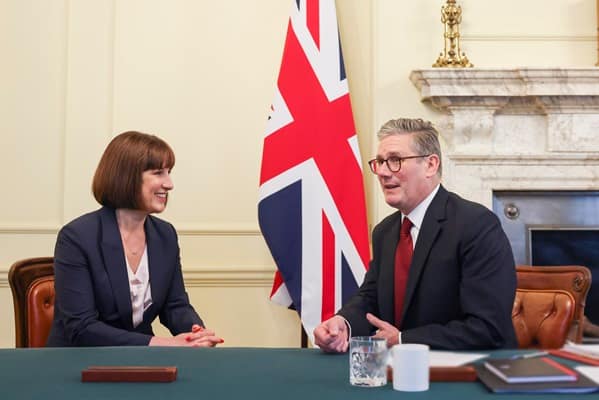
"I understand that for every year for the rest of this Parliament, growth is going to be downgraded compared to what it thought it would be in March when the OBR last reported in its spring assessment. So compared to the forecast in March, you will get a lower growth figure."
"However you cut it, whatever the reasoning, once again, last year, growth will be lower after this budget than before, which is not a great position for government that had claimed growth as their top priority."
"I think they want this to be a bit of a surprise and I think what this means in practice is that they're going to create a bigger buffer, more headroom than people are expecting. If you remember in the autumn and in the spring statement, Rachel Reeves left just £9.9 bn between her spending projections and the amount that maximum amount she was allowed to borrow. I think that's gonna go up in a way that sort of puts the question of whether she's in the doom loop beyond... it sort of answers that. So, rather than it going to £15bn, I'd expect it to go higher."
The Office for Budget Responsibility projects that economic growth will be downgraded every year for the remainder of the Parliament, extending through 2029 under Labour policies. Each year’s growth forecast will be lower compared with the OBR’s March spring assessment. The government may attribute downgrades to multiple factors and argue that some higher growth was pulled forward into 2025. The chancellor is expected to increase fiscal headroom in the upcoming Budget, expanding the buffer between spending projections and the borrowing limit. That buffer was £9.9bn and is expected to rise, possibly above £15bn, to reduce the risk of a “doom loop.”
Read at London Business News | Londonlovesbusiness.com
Unable to calculate read time
Collection
[
|
...
]